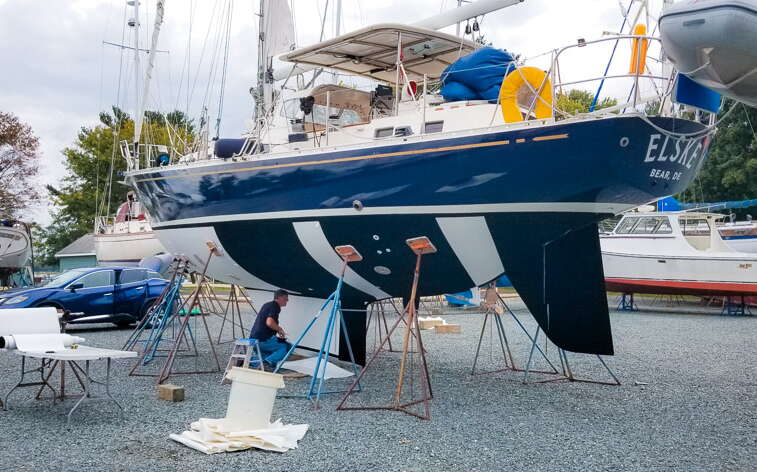
Eye on the prize: Cash awards from pitch competitions fund next steps for startups
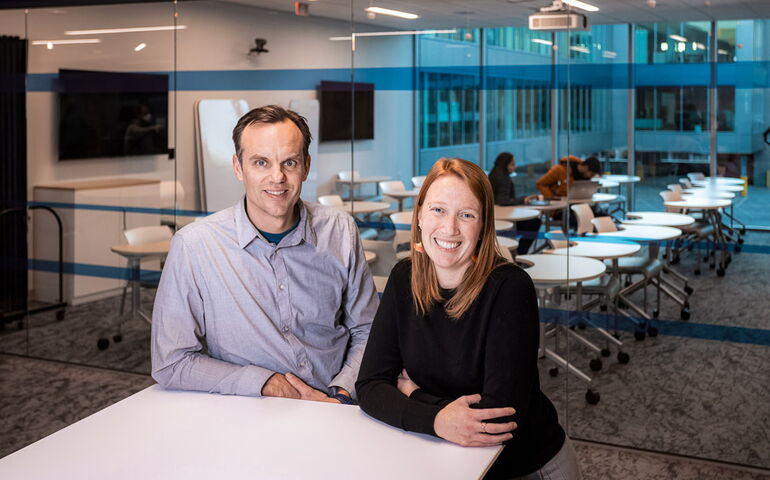 Photo / Tim Greenway
Jeff Borland and Helen Cohen of ReachMyTeach LLC, which used a 2023 Top Gun prize of $25,000 to finish projects that would otherwise would be done more slowly or not at all.
Photo / Tim Greenway
Jeff Borland and Helen Cohen of ReachMyTeach LLC, which used a 2023 Top Gun prize of $25,000 to finish projects that would otherwise would be done more slowly or not at all.
Maine hosts a growing number of pitch competitions that offer cash prizes ranging from $5,000 to $50,000.
The competitions are the culmination of programs available to help entrepreneurs at various stages of the startup journey.
The prizes are just one piece of a much larger funding ecosystem — but can play a vital, just-in-time role for small companies looking to buy that next piece of equipment, provide competitive wages or create messaging for a variety of audiences.
How far the prize money goes to advance the business can vary. A common theme is that, while entrepreneurs are prepared to find funding through other avenues to advance their companies, the prizes are vital for getting them where they want to be more quickly. Strategic deployment as part of a carefully considered business plan is key.
Another common theme is that, whether they win the cash or not, startups are never losers, thanks to the mentoring, consulting, growth strategies and connections that are often the most enduring benefit of the pitch competitions.
Data security and messaging
Helen Cohen, Jeff Borland and Aidan Blum of Portland startup ReachMyTeach LLC won the 2023 prize of $25,000 from Top Gun, a program of the Maine Center for Entrepreneurs.
Founded in 2021, ReachMyTeach is a communication platform making it easier for school personnel to communicate with families in their preferred language. It also offers on-demand interpreters.
ReachMyTeach has expanded significantly, progressing from four school districts in two states in early 2022 to 32 school districts in seven states by September 2023. ReachMyTeach is now part of the founder residency at the Roux Institute.
Top Gun was its first segue into the organized entrepreneurial community. The founders allocated the winnings toward finishing projects that would otherwise would be done in-house or not at all, says Cohen.
Some money was leveraged as a match for funds provided by Maine Technology Institute’s Maine Entrepreneurial Resource Corps which ReachMyTeach used to hire a Maine-based marketing vendor. The prize allowed ReachMyTeach to fast-track development of its branding.
“I realized we needed more clear and simpler messaging,” says Cohen.
For conference presentations, working with Fisher Creative in Portland, the result was user-friendly one-page flyers and revised banners segmented by sector — one for technology conferences and another for education conferences, for example.
A portion of the money went to hiring a security company to perform in-depth “penetration” testing. ReachMyTeach had performed preliminary testing but had grown considerably since then. They were going to allocate funds for further testing anyway, but were able to do it immediately — vital for gaining customer confidence and referrals.
“I don’t have exact metrics. But security testing is crucial to our end-users,” Cohen says.
Another portion went to user interface design for improved platform accessibility. ReachMyTeach had started the process but didn’t expect to be able to finish by the fall semester.
“We were able to hire someone straight out of grad school and looking for side work,” Cohen says. “We also were able to work with technical consultants in Maine and finish some of these big projects that ensure we have everything we need for the school year to run smoothly.”
The money paid several high school students to create testimonial videos for marketing platforms.
“The money allowed us to finish and optimize things that were already in motion but that were probably not going to be completed, either in the depth that they were or at all,” says Cohen. “The penetration testing was going to happen, but maybe in parts. This allowed us to have a more established timeline.”
Cohen emphasizes Top Gun’s overall role for advancing the company.
“That monetary end goal brought people together initially,” she says. “But then it became so much more, by connecting us with so many other mentors and entrepreneurs, and that was the greatest impact.”
Booth displays, customer relations
Finsulate, a cleantech firm, won Top Gun’s $25,000 prize in 2022, days after the startup announced plans to establish its U.S. headquarters in Portland.
Led by Bernard Hidier and Sunshine Mechtenberg, Finsulate makes a recyclable, textured adhesive wrap for vessels and floating marine equipment, to reduce and simplify removal of marine biofouling without chemical release, reduce operation and maintenance costs and extend life at sea.

Founded in 2017 in the Netherlands and implemented on over 800 boats worldwide, Finsulate is early on the U.S. market. Negotiations are underway with several offshore boat and ferry companies.
Some of the $25,000 went to designing and manufacturing exhibition booth displays and backgrounds for trade shows such as the 2022 Newport International Boat Show in Rhode Island and the 2022 International WorkBoat Show in New Orleans. “It’s important for people to see the product,” say Hidier.
Another portion went to build a customer relationship management system with the help of Marketing 360, a Colorado-based marketing platform for small business; and to revamp the website so it’s integrated with the CRM system.
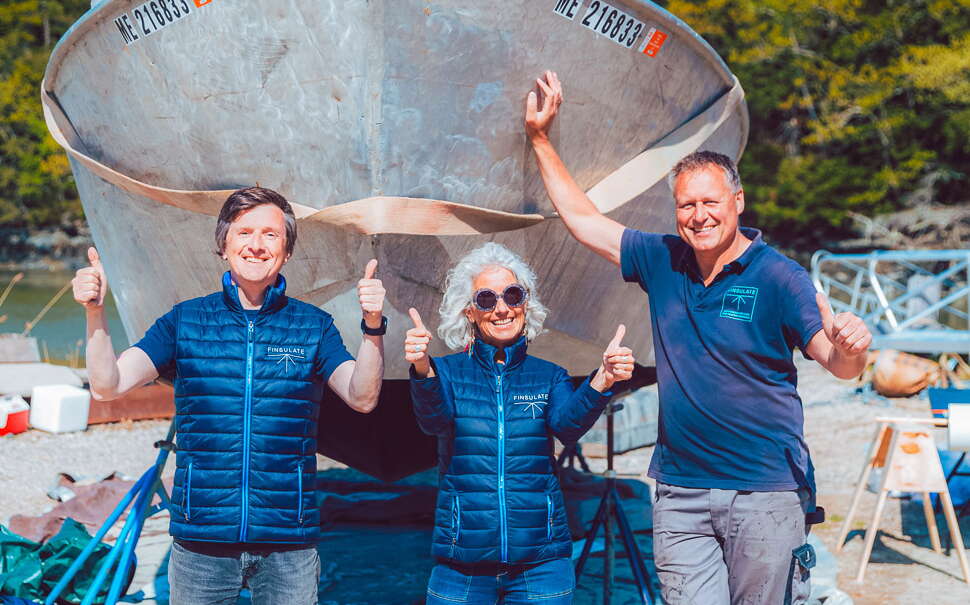
Leveraging Maine Technology Institute MERC funding, some went to hire a legal firm to develop legal agreements for boatyards and marinas to become Finsulate certified installers.
The initiatives helped raise Finsulate’s profile, attracting invitations to the 2023 International Offshore Wind Partnering Forum in Maryland and blue tech accelerator programs Startup Alley in Maryland and Supply Chain USA in Boston.
Like other entrepreneurs, Hidier says programs like Top Gun are not about the money.
“It was a community,” he says. “The mentors were amazing. It was great to spend 16 weeks with other people, exchanging ideas.”
Higher salaries
HighByte, a Portland-based industrial software startup, won Gorham Savings Bank’s LaunchPad prize of $50,000 in 2021 and went on to close a $3.5 million funding round six months later, move to a larger space and grow staff from nine to 29.
It grew accounts from 15 to 49 globally, tripling annual recurring revenue each year since 2020.
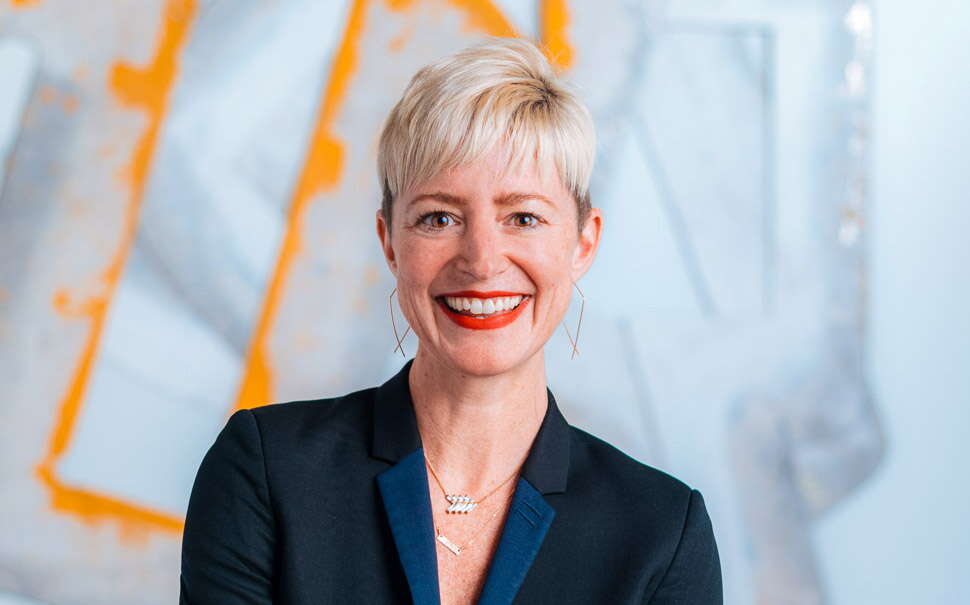
HighByte makes data integration and modeling software to improve data quality and reduce time spent preparing data for use throughout an enterprise. Its latest release is an integration hub that facilitates data flow between IT systems.
Where did the prize money go?
“People,” says Torey Penrod-Cambra, co-founder and chief communicators officer.
“In 2021, we saw a huge surge in average compensation for tech workers, from R&D to quality assurance to technical sales,” she says. “We didn’t have it in our budget to hire the people we needed.”
The money allowed HighByte to offer competitive salaries for new employees and parity for existing employees, thus attracting and retaining high-quality talent needed to ensure the software wouldn’t fail in highly regulated environments.
Without that?
“We would have developed products more slowly,” she says. “The big risk in tech is, if we don’t move fast, we get overtaken by the competition.”
LaunchPad also offered greater brand awareness.
“The volume of people applying for jobs at HighByte increased significantly,” she says.
Designer hire, in-house prototyping
Tanbark Molded Fiber Products in Portland designs and manufactures molded fiber packaging solutions. The 2022 LaunchPad winner spent the $50,000 on hiring a designer, which wasn’t otherwise in the budget.
“That was a big deal,” says CEO and co-founder Melissa LaCasse. “We needed someone who could design packages and products for customers.”
Tanbark knew it needed a designer.
“But we didn’t realize how quickly,” she continues. “The money went directly toward hiring them sooner than we would have.”
Now Tanbark has full- and half-time designer positions. The role is key to introducing customers to package and product options, translating their requirements into specifications, developing prototypes, then designing the tooling.
Previously, “We had someone on staff who had some knowledge of design, but weren’t trained in it,” she says. “Everything took longer.”
This year, Tanbark won the “Greenlight Maine” $25,000 prize. That’s going to some of the tooling costs as the company brings prototyping in-house. Protoyping is currently done in China, resulting in delays and other issues.
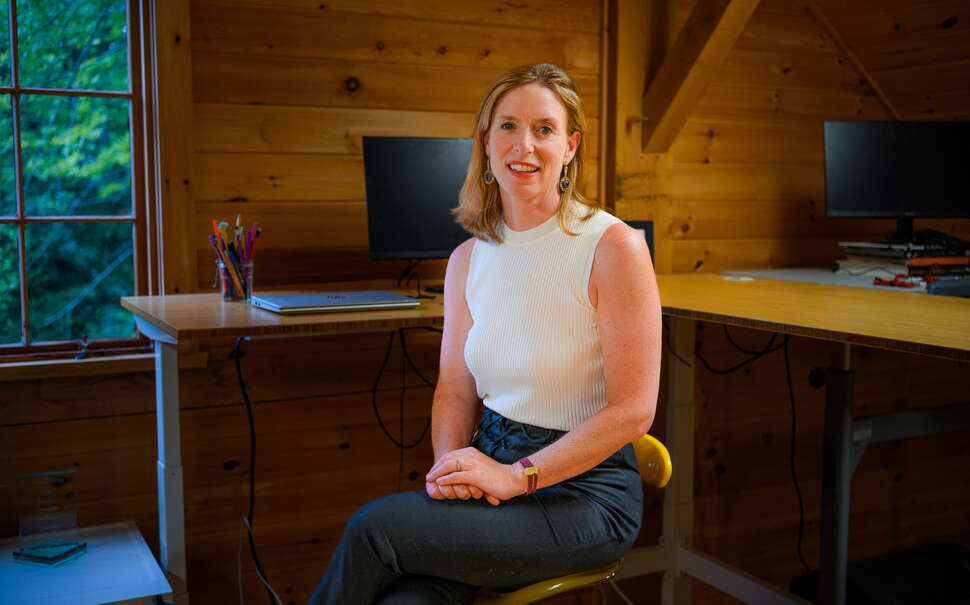
“Practical things, like their verifications, are different from ours,” she says. “Their prototype is not made out of our materials or even made with our process. We used the $25,000 toward figuring out how to make prototype tools and make prototypes for customers out of our materials — that takes friction out of the process.”
The transition is mostly complete.
“What’s been so interesting is not only how the dollars made a difference but also the boost in credibility, new connections, etc.,” she says. “It got our name out and we’ve had people reach out to us who ended up working for Tanbark. In many ways, the money is part of a bigger picture.”
Equipment
Kate McAleer founded Bixby Chocolate, a Rockland maker of organic chocolate bars in 2011 and last year opened a Bixby Chocolate Café in Waterville.
Specializing in bean-to-bar chocolate manufacturing, she does product collaborations with Maine companies like Split Rock Distillery and Maine Grains. Products are in major outlets like Whole Foods and L.L.Bean. Certifications include organic, non-GMO, kosher, gluten-free and vegan.

In 2014, she won LaunchPad, then awarding $30,000. In 2016, the prize from the New York-based Tory Burch Foundation pitch competition at the time was $100,000, half as a no-interest loan. The 2021 “Greenlight Maine” win brought $25,000.
“Every pitch I have won has gone toward equipment,” McAleer says. “For example, we have ‘Launchpad 1’ and ‘Launchpad 2,’ which are our chocolate melters that we use every single day and have been in use since we had them installed — they are utterly critical to our manufacturing process.”
Before LaunchPad, “I put a picture of the melter in my production area. I knew exactly what I needed.”
The “Greenlight Maine” money bought a cooker — fondly called “Greenlight” — for Beer Brittle production.
The $100,000 bought a packaging line that enables sealing, dating, coding and taping of case pack boxes, in turn allowing expansion of the product line and innovations including seasonal items, snacks and drinking chocolate.
“These competitions are game-changers in that they help you take a giant leap forward as opposed to one step at a time,” McAleer says.
McAleer says she has a carefully considered business plan that lays out exactly where every dollar goes need to expand production.
“That’s always been important in how to deploy the capital in these pitch competitions,” she says. “Lots of times, things can nebulous. Equipment is solid.”
Win or lose, competition preparation is itself a great education, she says. McAleer intended to just observe during her first Top Gun class. Instead, she was called to pitch.
“I was completely unprepared,” she says. “It was such an important lesson early on that kind of scared me into getting my act together, to being able to turn on a dime to talk about my business in a way that’s succinct and effective.”
The moral?
“Pitch competitions are competitions, but you need to be able to talk about your business regardless of the pitch competition,” she says. “It’s challenging, but worth the effort. Nothing gained if you don’t try.”
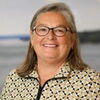


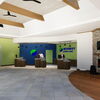

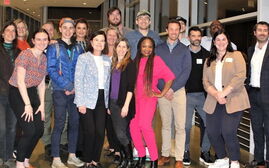
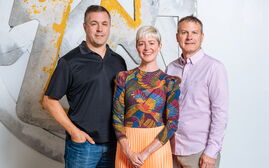
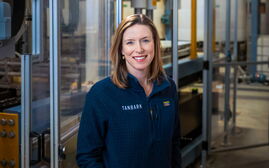
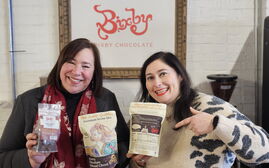




0 Comments